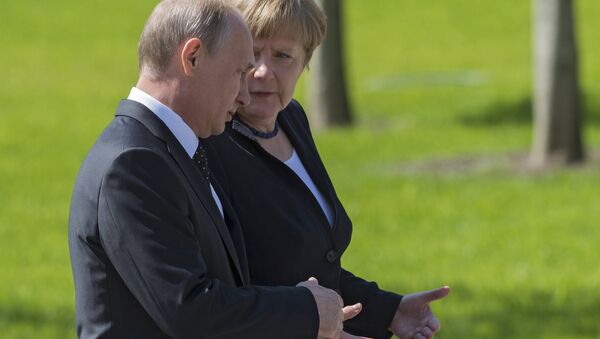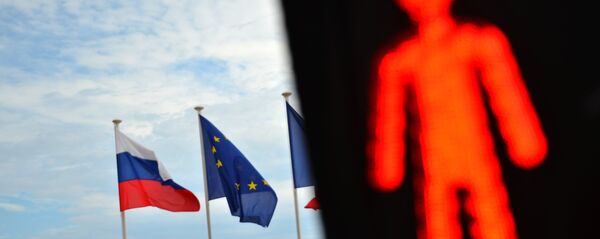Now, however, Berlin is willing to make concessions and ease sanctions if the countries are able to reach at least some progress in the Minsk process.
"I have always held the position that the sanctions are not a goal in itself. The easing of sanctions can be discussed if visible progress in the implementation of the Minsk agreements is achieved," German Foreign Minister Frank-Walter Steinmeier said earlier.
According to the magazine, Berlin is likely to partially lift some sanctions in exchange for Moscow's assistance in the organization of local elections in Eastern Ukraine. However, the move will possibly include only the removal of a travel ban or reduction of the sanctions' extension term from six to three months, rather than restrictions which are of actual importance for Russia, such as financial sanctions or sanctions imposed with regard to Crimea.
"In this way, Germany seeks to maintain EU unity and to reconcile the supporters and opponents of the sanctions," the magazine wrote.
A few weeks ago, Steinmeier noted that the resistance within EU against the extension of the sanctions is growing. It is becoming increasingly difficult to achieve a common position on this issue, he said.
In August 2014, the EU and the US imposed economic sanctions on Russia over a crisis in Ukraine, accusing Moscow of fueling the conflict. Russian authorities have repeatedly denied the allegations and in response introduced a food embargo that negatively affected the economies of a number of European countries.




